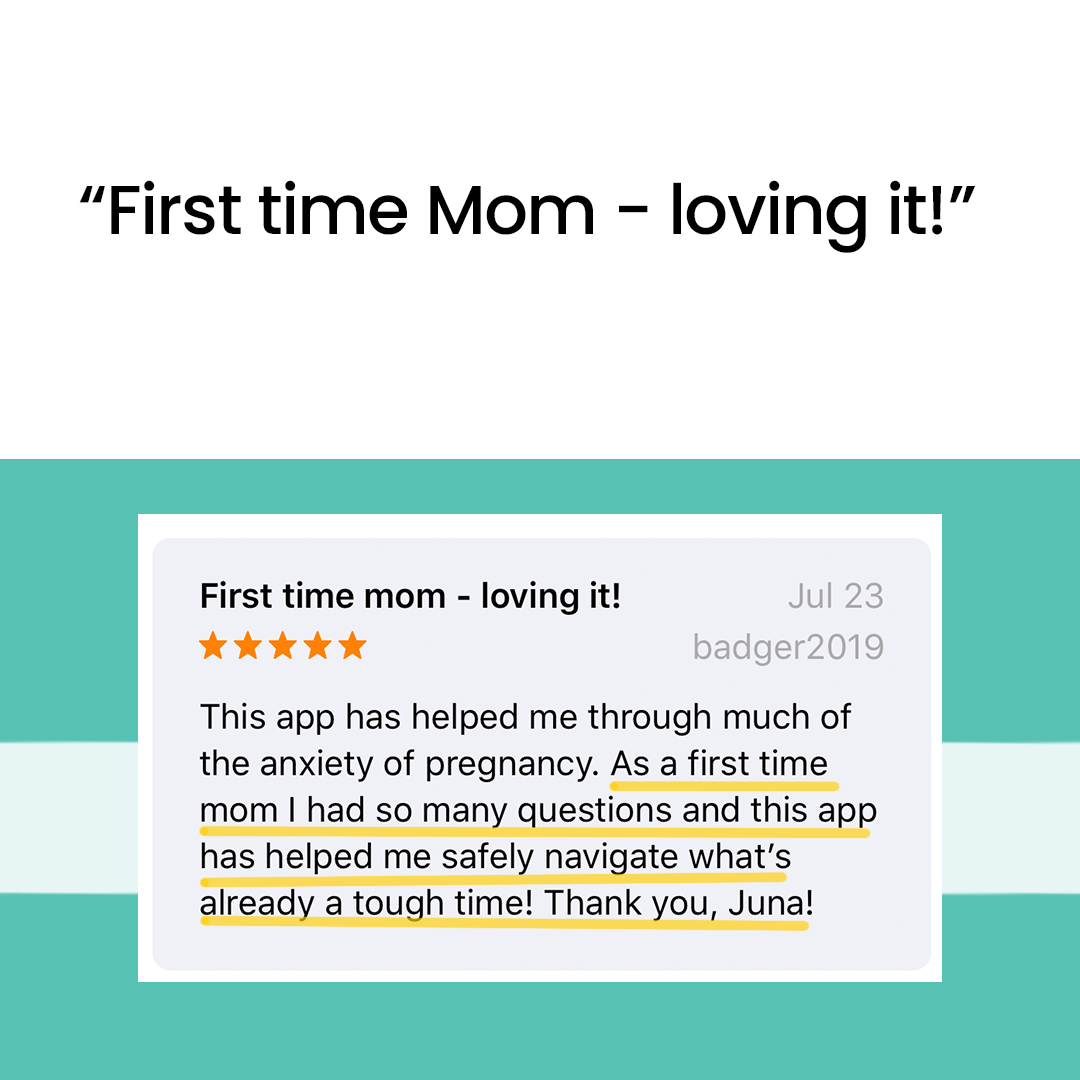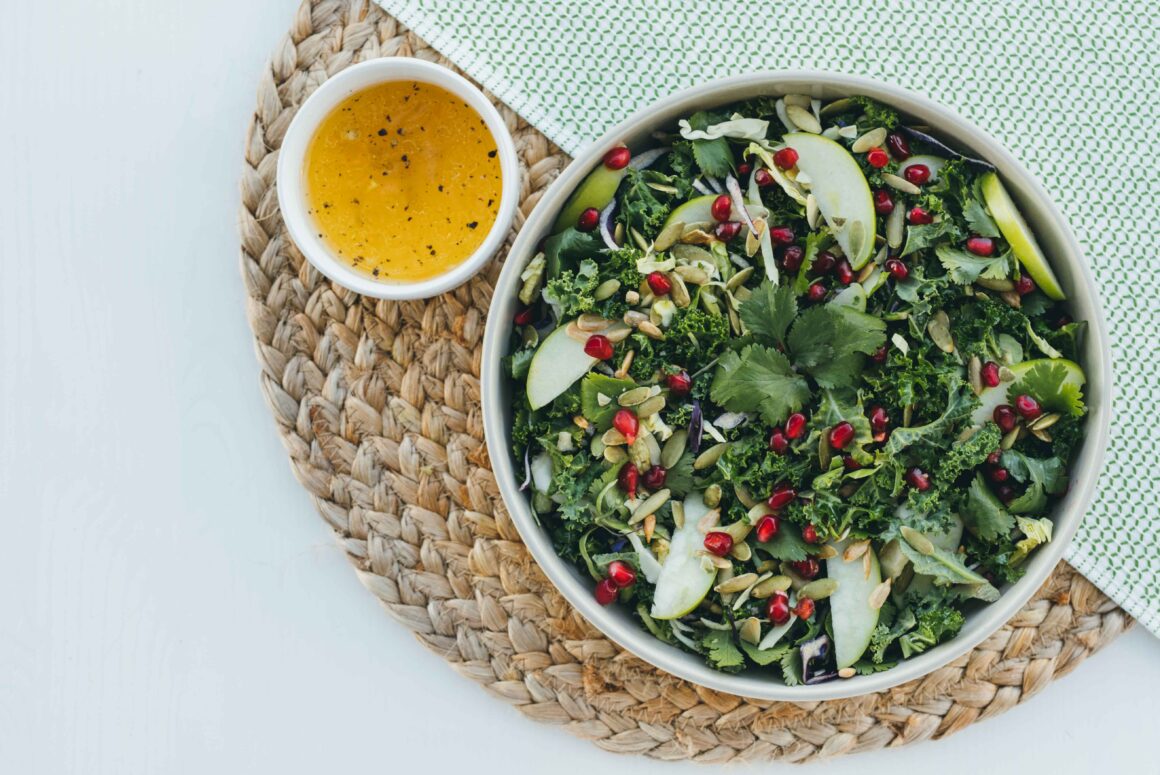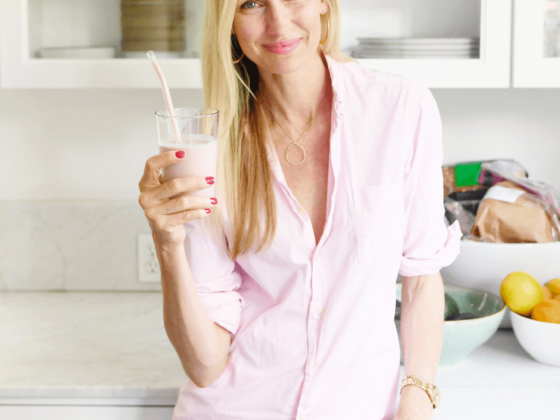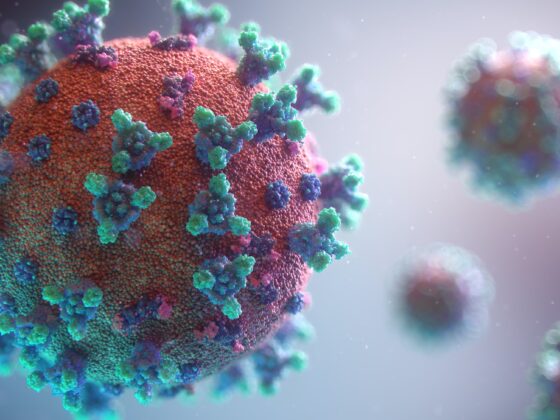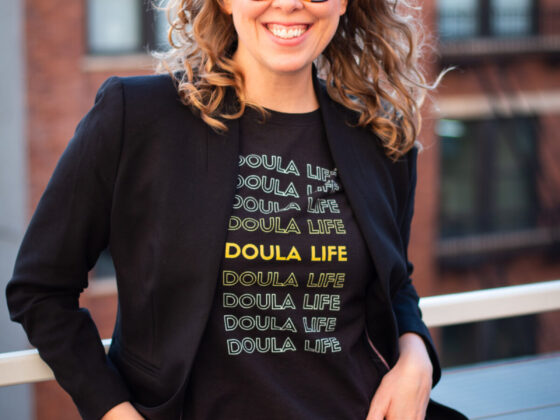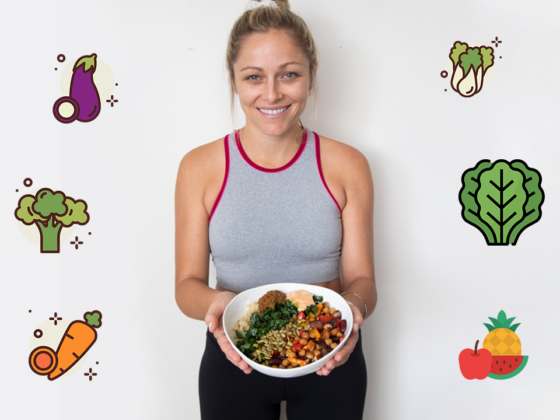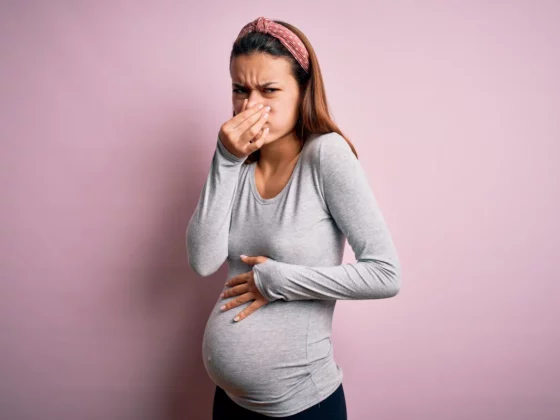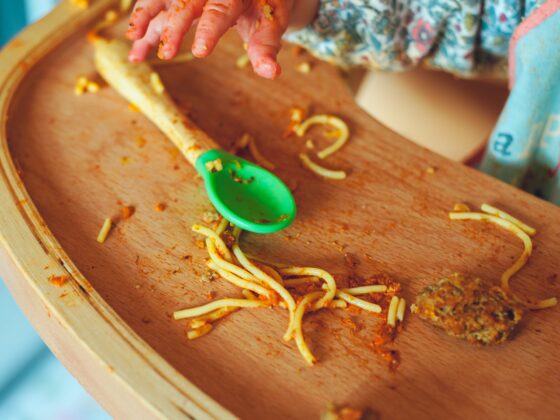The Juna Moms Podcast is a weekly discussion where Juna Founder, Sarah Kuhn, talks to Moms and experts to share their specific knowledge
This is Episode 99 — What To Eat When You Want To Get Pregnant With Dr. Nicole Avena
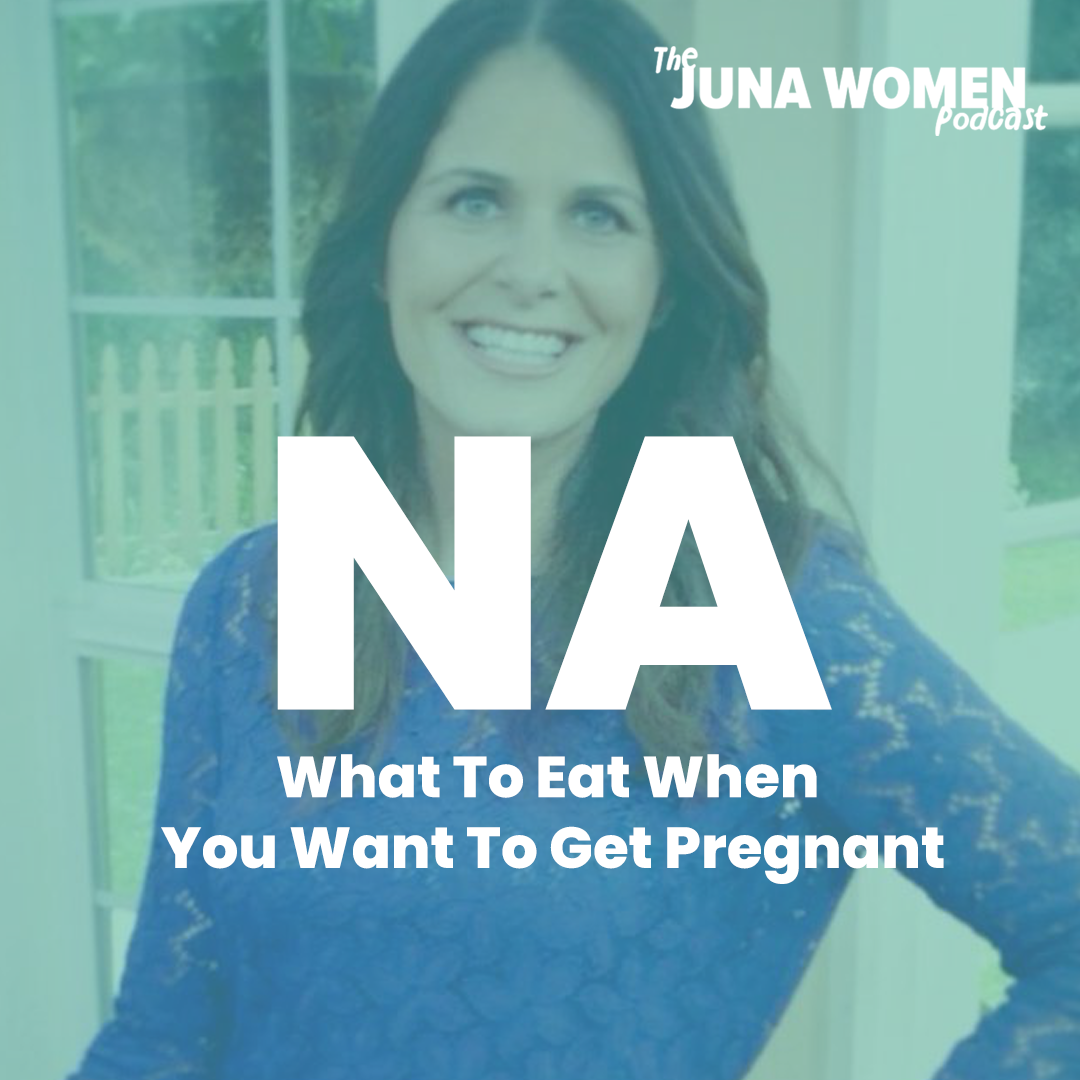
The process of trying to conceive can be an incredibly isolating time, with many women struggling to come to terms with a conception journey which may not be quite as they had planned.
We know that so many different factors can have an impact on fertility for men and women and the external and internal pressures can become overwhelming for those hoping to start or extend a family. People don’t automatically think about diet for fertility among these factors, when it can have a significant impact.
While there are unfortunately no magic foods for fertility that can guarantee pregnancy, there are ways to optimize your body for conception by maintaining a healthy diet.
Sarah sits down in this episode with Dr. Nicole Avena, author of the book: What To Eat When You Want To Get Pregnant.
This insightful chat guides us through the best foods for fertility and helps us to understand the smart eating habits that can prepare you for getting pregnant.
In this episode, you will learn:
- the optimal fertility diet
- how early you should start prepping your body if you want to get pregnant
- the correlation between weight and fertility
- the best fertility foods for women
- foods to avoid
- the role of diet on male fertility
- and much more!
When to start an optimal diet for fertility
A lot of research now suggests that properly nourishing yourself and eating the right foods can help to let your body know that it’s fit and ready to start building a new person. The nutrients that you eat can not only affect your own health, but they can also affect the health of a fetus if you do get pregnant. So the sooner you’re able to start optimizing your diet before conception, the better.
Actively trying to lose weight or doing any type of restriction when pregnant is certainly not advised. What’s important is to remove weight from the equation and replace it with health. It’s more important to look at the changes that could be made in your diet in order to lead a healthier lifestyle.
Important micronutrients for fertility
Folate is important, especially early in pregnancy because folate or folic acid is required for making and repairing DNA and helping with cell division, but is also very important for the development of the neural tube. If you don’t have appropriate amounts of folate in your diet, it can put you at risk for having an early miscarriage. It is something that is important to have on board even before you know you’re pregnant as the neural tube usually forms by the fifth week of a pregnancy, and most women don’t even know they’re pregnant at five weeks. When thinking about conceiving, you should not only be eating a healthy diet, but you should also be taking a prenatal vitamin that contains folic acid so that you can make sure you have enough on board.
Vitamin B12 is another important vitamin to consume as it normalizes the development of the fetus as well as keeping your menstruation on track. Vitamin D is also needed to regulate the amount of calcium and phosphate in the body, which are needed to keep bones, teeth and muscles healthy.
Getting enough zinc in your diet, either from foods or from supplements is vital as zinc is associated with our immune system and proper immune health. It’s also a basic element for genetic material. Not only does it help with cell division, it also helps with DNA and protein synthesis, making sure we have the materials to make new cells, and it’s also needed for healthy eggs. Red meat is a particularly great source but if you’re vegan or vegetarian, then chickpeas, lentils and beans all contain significant amounts of zinc.
Important macronutrients for fertility
One of the best protein sources for fertility is actually fish. People often shy away from fish when trying to get pregnant because they’re concerned about mercury levels, but you can get fish that is low in mercury. One of the best ways to figure that out is to keep in mind that the bigger the fish in the ocean, the more mercury it’s likely to contain. Lean meats are another good source of protein for fertility. Opting for organic meats when trying to get pregnant is optimal, as we know that some of the meats that aren’t organic can contain hormones and other things that are not ideal for pregnancy. For vegetarians and vegans, beans, nuts and tofu are all fantastic foods for fertility.
In terms of fats, unsaturated fats and omega three fatty acids are recommended.You can get these from foods like avocados, walnuts or fish like salmon. People tend to sometimes avoid fats due to misinformation claiming that fat makes you fat, which is absolutely not the case. Fat is very important for a healthy pregnancy and healthy fats are essential in pregnancy for the brain to grow and develop properly.
This is a must-listen episode for anyone trying to have a baby in the next year or so, so definitely share this with anyone you know who is trying to conceive!
For more from juna, visit juna.co or check out the Juna App for Pregnancy and Postpartum.
If you liked this episode, please subscribe!
Dr. Nicole Avena
Dr. Nicole Avena is a research neuroscientist and a pioneer in the field of food addiction.
Her seminal research work jump-started a new field of exploration in medicine and nutrition.
She is an expert in diet during pregnancy and baby, toddler and childhood nutrition.
Online: https://www.drnicoleavena.com/
Instagram: https://www.instagram.com/drnicoleavena
Listen To More Episodes from Juna
Please subscribe to the Juna Women Podcast wherever you listen to Podcasts.
If you have feedback or know someone who would be a great guest on the show, please reach to Sarah@juna.co.
Moms are loving the Juna App! Check out the reviews below and click here to get your first 14-days FREE.
